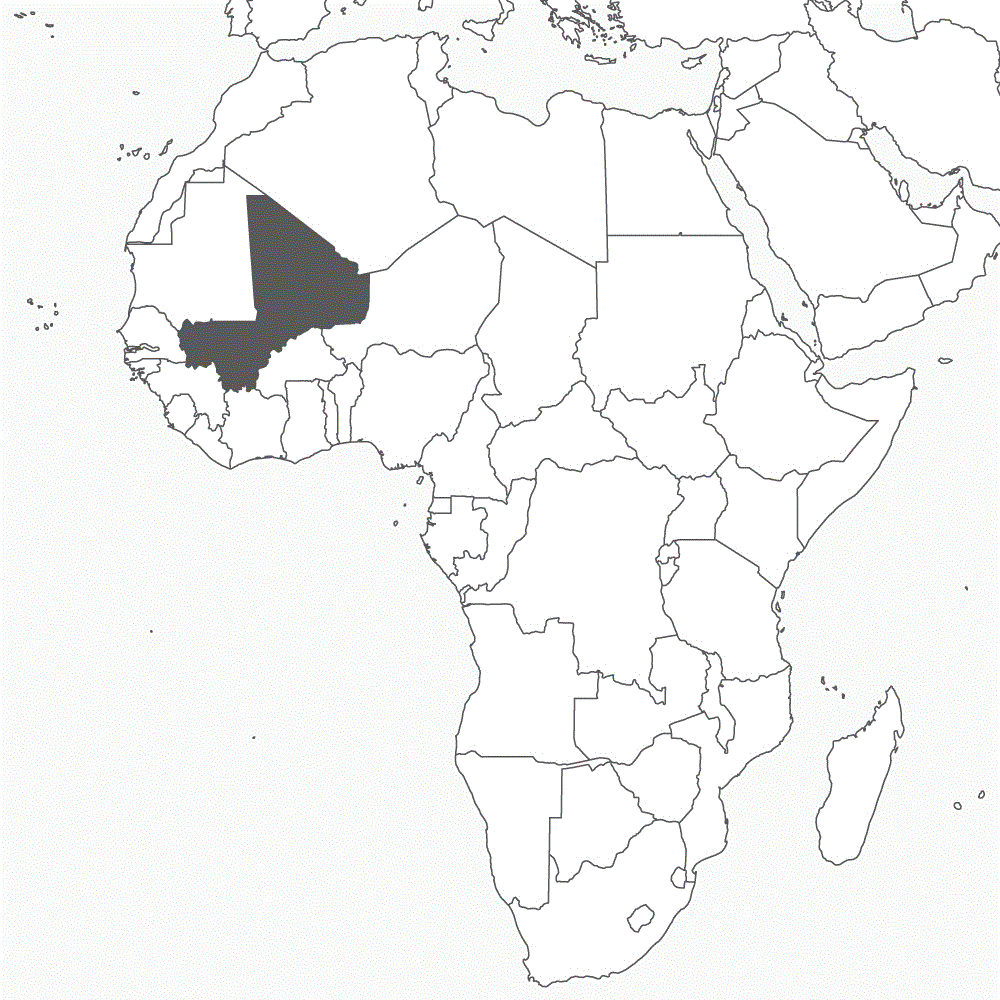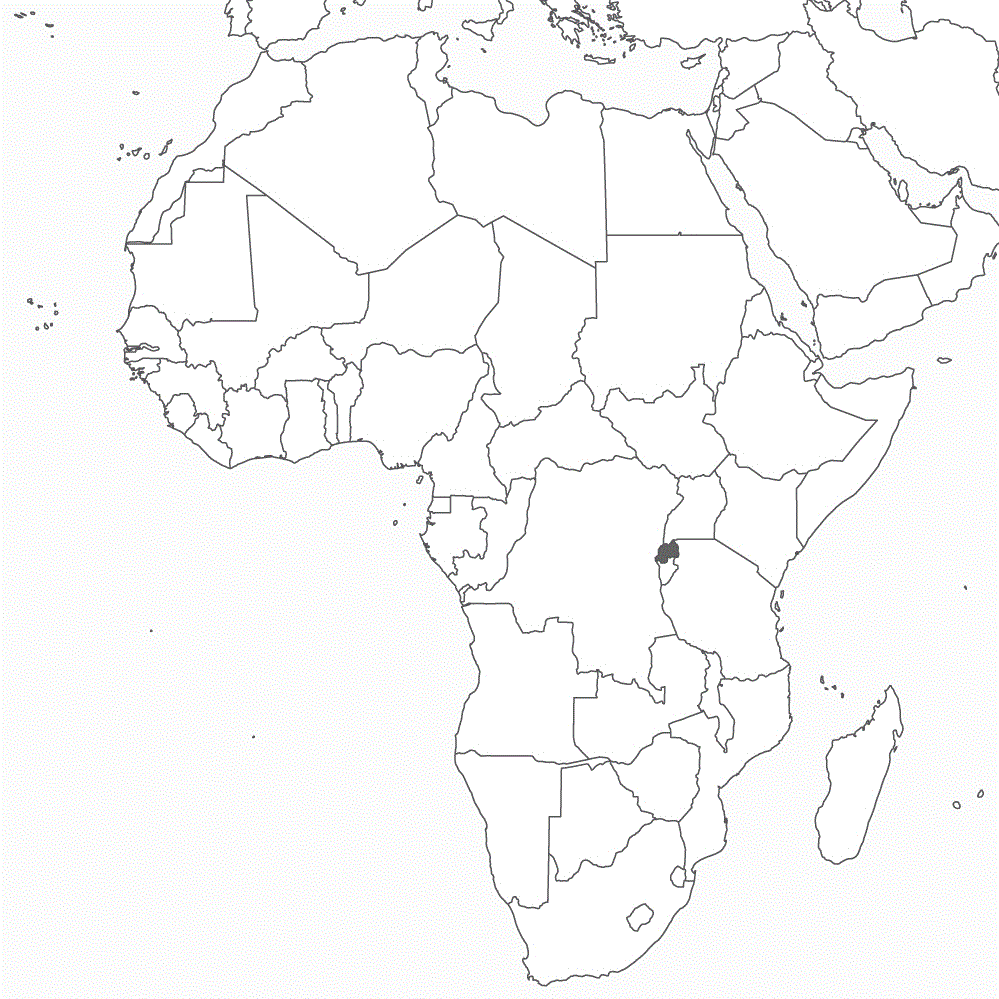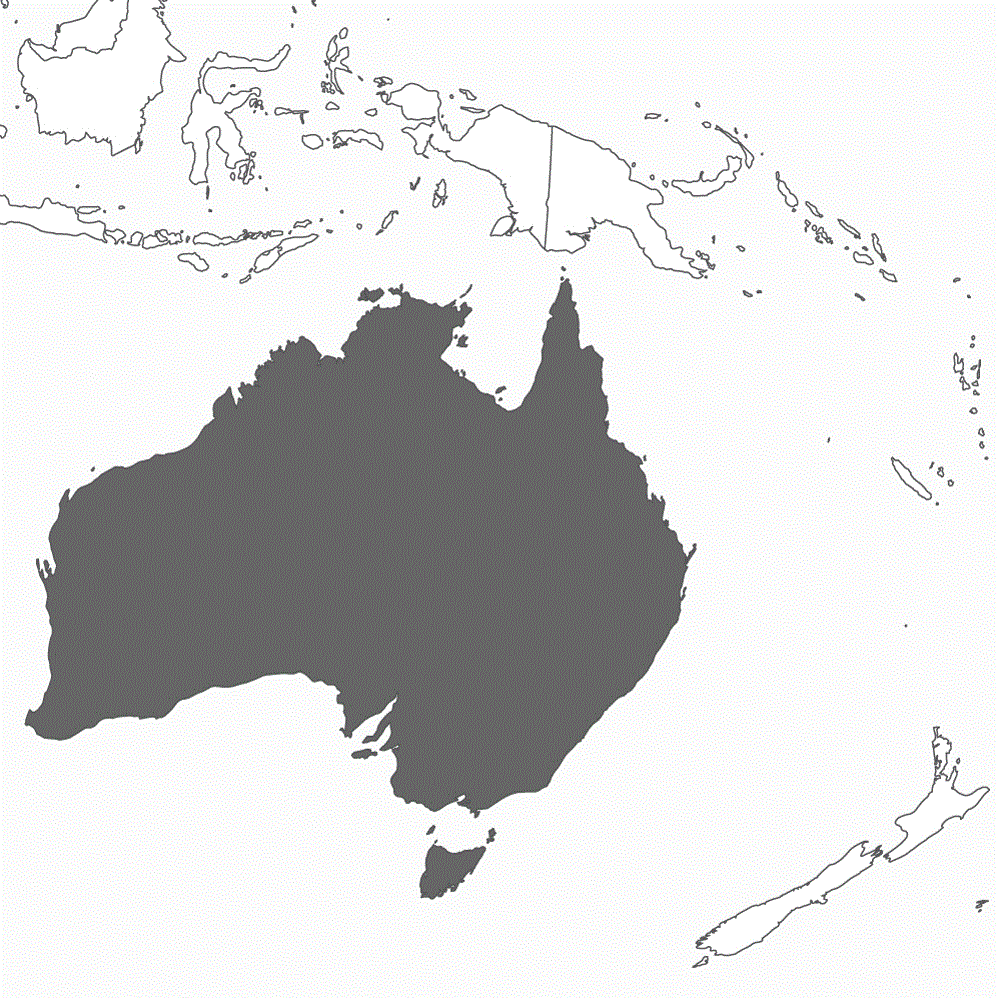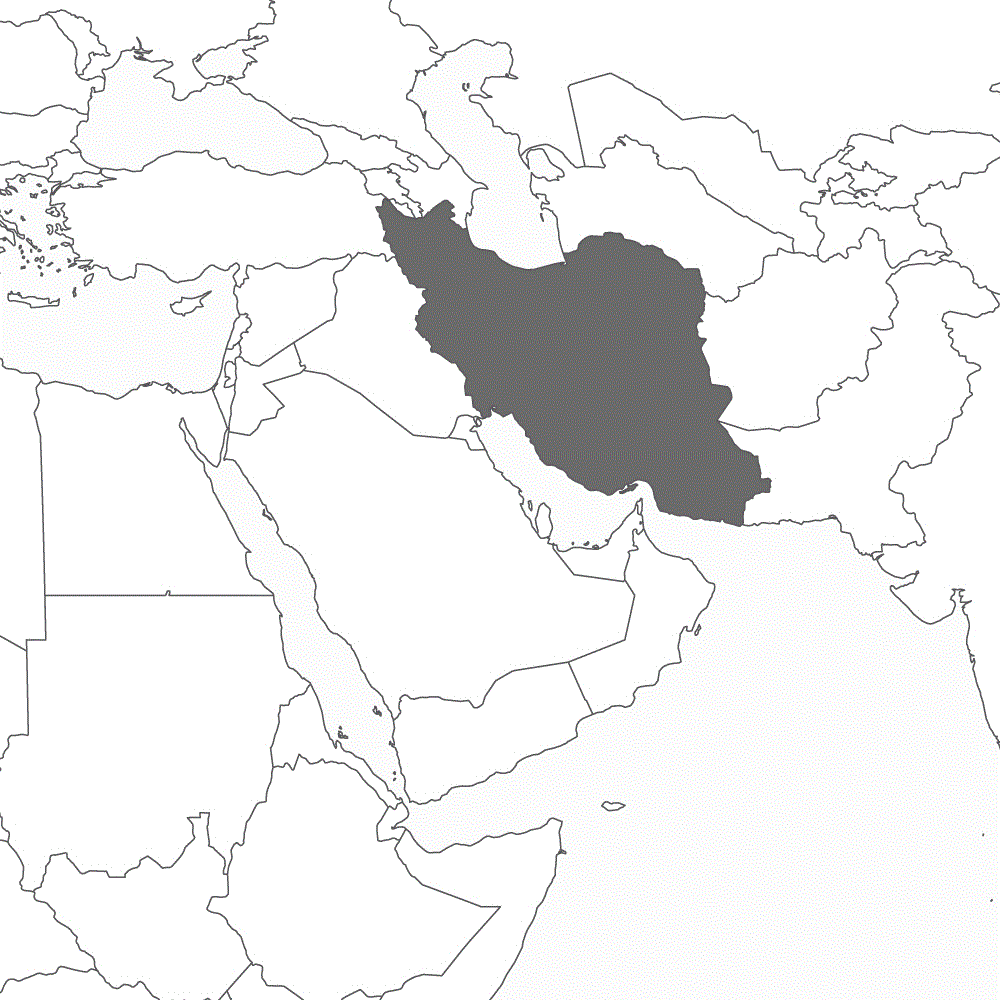BERLIN/PARIS/BAMAKO (Own report) - Berlin and Paris have announced an initiative to increase the militarization of the Sahel. The initiative is called the "Partnership for Security and Stability in the Sahel," German Chancellor Angela Merkel explained last Sunday at the G7 summit in Biarritz. According to Merkel, within this framework "troops and police forces" from five regional countries should be "reinforced nationally." For this purpose new financial means will be made available, French President Emmanuel Macron explained. This project is the EU's third attempt to control tensions and conflicts in the Sahel with increased militarization. With much fanfare, the EU had launched the EUTM Mali training mission in 2013 and strengthened the United Nations Multidimensional Integrated Stabilization Mission in Mali MINUSMA with soldiers from Europe. In 2017, Germany and France had promoted the establishment of the "G5 Sahel" intervention force. The conflicts had increased each time and have already spread beyond Mali to other countries, some even involving ethnic massacres. Read more
BERLIN/TAIPEI/WASHINGTON (Own report) - Following his talks with the Taiwanese foreign minister, a member of the German Bundestag called for abandoning the One-China-Policy and recognizing Taiwan as an independent nation. The western powers should support Taiwan's membership in the United Nations, demanded Ulrich Lechte (FDP), a member of the Bundestag’s Foreign Affairs Committee, during his recent stay in Taiwan's capital Taipei. His demand comes at a time, when Washington is intensifying its support for Taiwan and increasing its arms exports to the island. Just a few days ago, US President Donald Trump approved the delivery of military hardware worth $8 billion to Taipei, including 66 F-16 fighter jets. In addition to US warships, French naval units are now crossing the Taiwan Strait to increase pressure on Beijing. Demands to dispatch a German warship to the Taiwan Strait are already being raised. Read more
BERLIN/BRUSSELS/KIGALI (Own report) - The EU plans to relocate refugees from Libya to camps in Rwanda. In an initial step, 500 refugees, seeking to cross over to Europe, but are now detained in Libyan camps, will be deported to the small Central African country, according to several reports. This program, which should at least be co-financed by Brussels, could possibly be expanded to 30.000 refugees. This step is being considered, because a program, initiated at the end of 2017, has stalled. Under that program refugees were relocated from Libya to Niger. However - contrary to promises made - the refugees were only being resettled very slowly to the rich countries in Europe and North America, and discontent is rising in Niger. Rwanda is already hosting nearly 150,000 refugees, who are living in camps under desolate conditions. Last year, eleven refugees were killed during their protest against 25% reductions in food rations. Rwanda is notorious for its bloody repression. Read more
BERLIN (Own report) - German authorities and business agencies are calling for drastic measures to attain national independence from of Chinese raw materials. Particularly in the case of so-called rare earths, "the entire Chinese-controlled value chain must be broken," the Federal Academy for Security Policy (BAKS) explains. If this fails, the "EU's military autonomy" would be compromised, since the metals in question are "indispensable" for arms production, according to the German government's think tank on military policy. This view is shared by the Federal Agency for Geological Studies and Natural Resources (BGR). In a recent paper it warned of serious "disadvantages" for "Germany, as an economic base of operations," should China's "supremacy" in exporting mining products is not countered with appropriate "alternative strategies." And according to the German media, China’s alleged raw material monopoly is like a "super weapon." Read more
BRUSSELS/BERLIN/CANBERRA (Own report) - NATO continues to intensify its cooperation with Australia. This is the result of NATO Secretary General Jens Stoltenberg's talks in the Australian capital in the middle of last week. According to Stoltenberg, the cooperation is aimed particularly at taking a stance in the growing rivalry between the major powers - against Russia, but above all, against China. For several years, Germany has been accompanying NATO's cooperation with Canberra, by enhancing its own bilateral military cooperation, explicitly considering Australia to be a "strategic springboard into the Asian-Pacific region." Currently tensions are threatening to escalate, because Washington would like to deploy intermediate-range missiles in Australia, which could directly hit Chinese territory. Strategists are increasingly pushing NATO to intensify its activities in the Asian-Pacific. These could even develop into the warfare alliance's key task, according to the president of the Federal College for Security Studies in Berlin. Read more
BERLIN/TEHRAN (Own report) - German military experts have presented their first concrete plans for an EU naval operation in the Persian Gulf. According to the draft of two well connected government advisors and a Bundeswehr professor, warships should be cruising at the two entrances to the Strait of Hormuz. Supplementary warships should escort oil tankers through the strait with armed troops on board to ward off possible attacks - depending on the disposition to escalate. This would necessitate "between 10 and 30 percent of the EU's naval capacities," and Berlin should be in command of the deployment to demonstrate its aspiration to shape global policy. Whereas sectors of the SPD and the opposition reject the operation, the chancellor and foreign ministry are promoting the plan also within the EU. Previously, Foreign Minster Heiko Maas had rejected the US demand for Germany to deploy warships in a US-led naval mission in the Middle East. Berlin is positioning itself to be an independent power in global politics. Read more
GERMAN-FOREIGN-POLICY.com
Information on German Foreign Policy: News + Interviews + Analyses + Background




